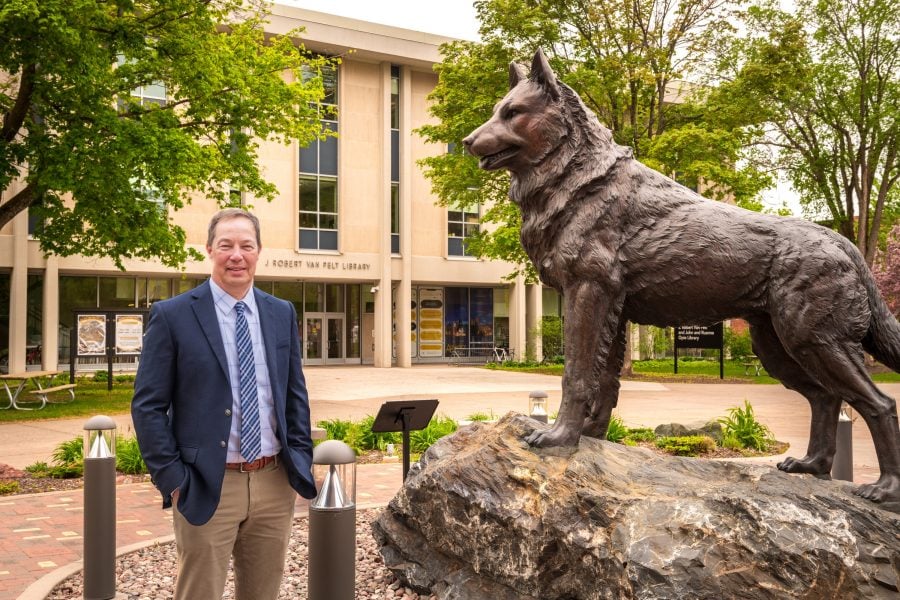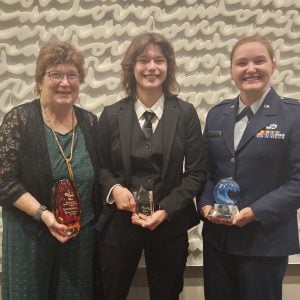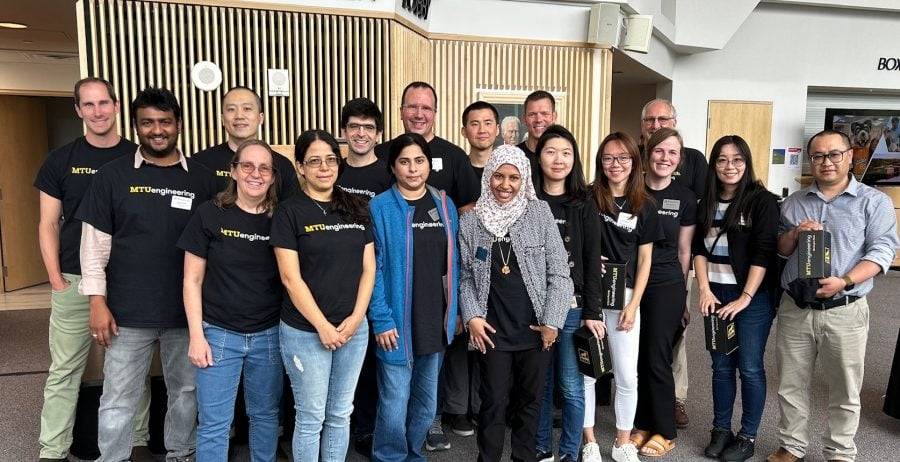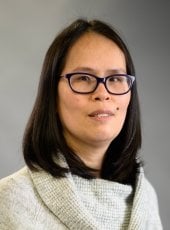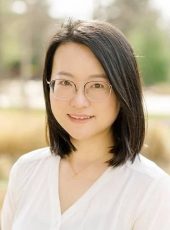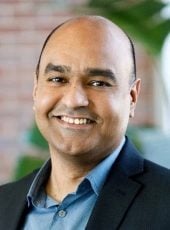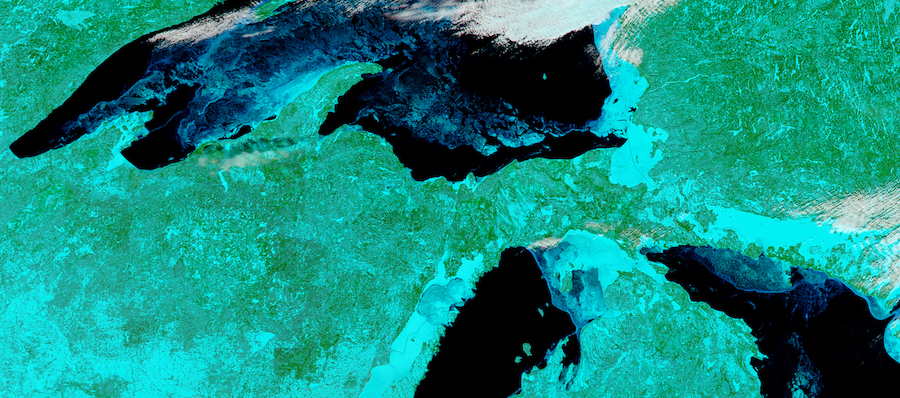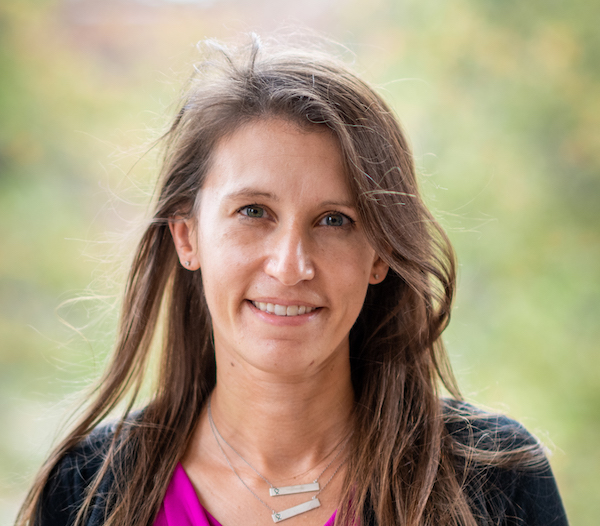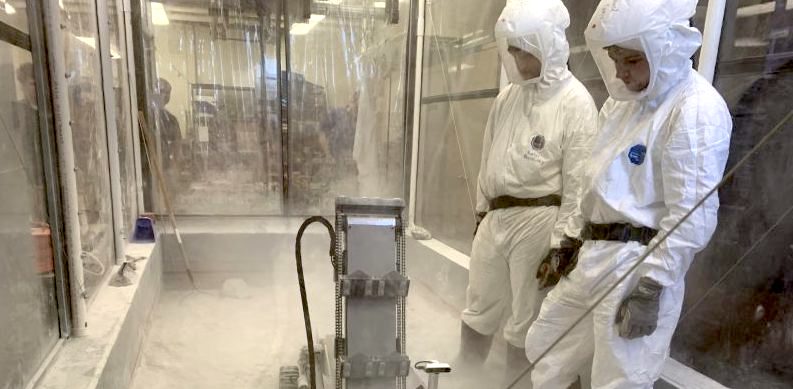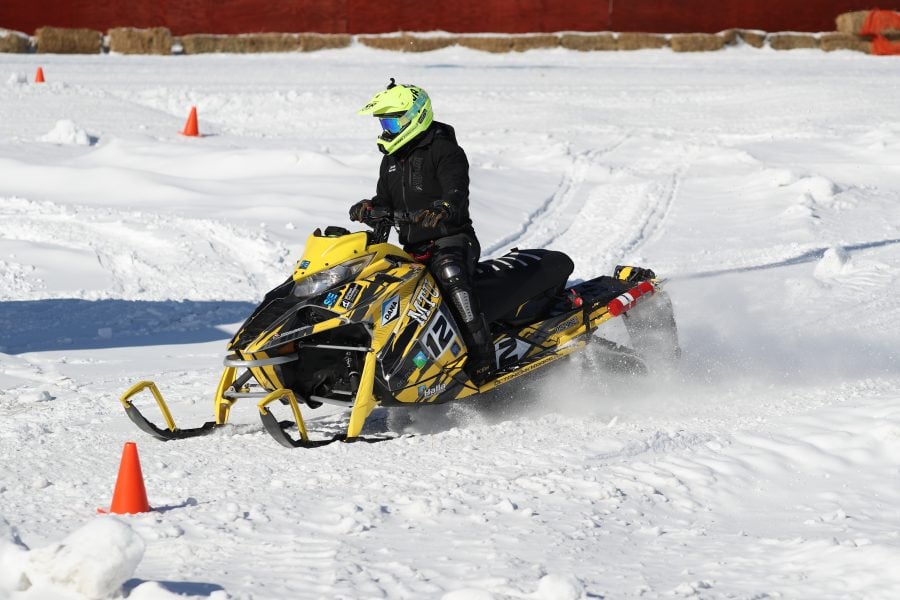
Michigan Tech’s sparked ignition (SI) team took home first place overall as well as first place in the design phase of competition in the SAE International annual Clean Snowmobile Challenge earlier this month. Michigan Tech’s Clean Snowmobile Challenge team entered two sleds in this year’s competition at the World Championship Derby Complex in Eagle River, Wisconsin: one in the SI category and one in the compression ignition diesel utility snowmobile (CI) competition.
The Michigan Tech team came in second in the CI category, which is being phased out. This year’s challenge included 14 teams from the United States and Canada.
